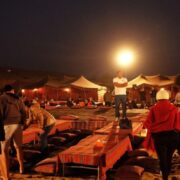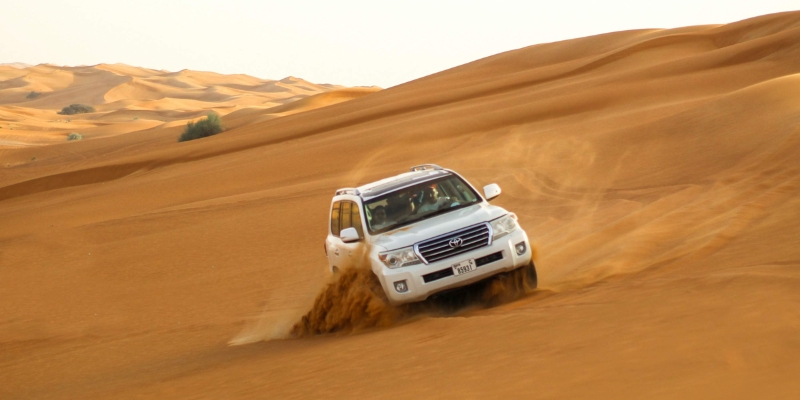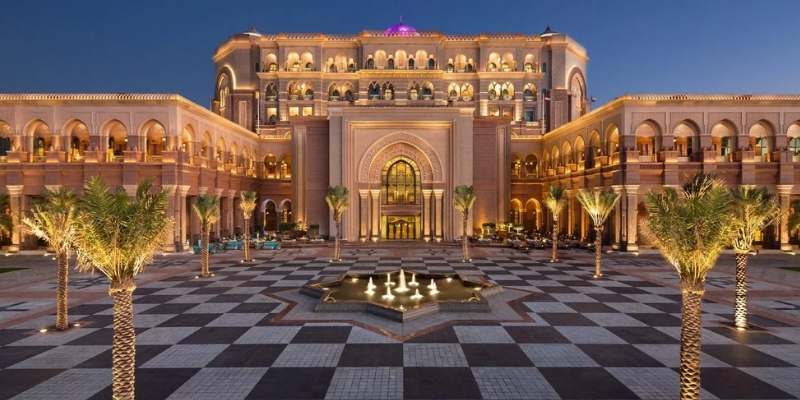
How to Greet in Arabic – A Visitor’s Guide to Emirati Hospitality in Dubai
If you’re planning a visit to Dubai or the UAE, learning how to greet people in Arabic is one of the most respectful and appreciated things you can do. In a city where tradition meets modern luxury, understanding basic Arabic greetings allows you to connect more meaningfully with locals and experience the true essence of Arab hospitality.
From the moment you step into a majlis (traditional seating area) or a desert camp, you’ll witness a culture rich in warmth and etiquette. Whether you’re offered a cup of Arabic coffee or greeted with a heartfelt “As-salaam ‘alaykum,” every gesture holds meaning.
Why Learning Arabic Greetings Matters in Dubai
Dubai is a melting pot of cultures, but Arabic remains the heart of local communication. Learning a few basic Arabic phrases not only helps you make a good impression but also enriches your travel experience. Whether you’re exploring a desert safari, visiting a Bedouin camp, or interacting with Emirati hosts, knowing how to greet properly can go a long way.
Common Arabic Greetings and How to Use Them
1. As-salaam ‘alaykum – Peace Be Upon You
This is the most widely used Islamic greeting in Dubai and the Arab world. It’s respectful and formal.
Reply: Wa ‘alaykum as-salaam – And peace be upon you too.
Best used in formal settings, with elders, or during cultural experiences like mosque visits or traditional tours.
2. Ahlan / Ahlan wa Sahlan – Hello / Welcome
“Ahlan” is a warm, friendly greeting used any time of the day.
“Ahlan wa Sahlan” is its more formal version, often used when welcoming guests.
Reply:
-
To a male: Ahlan bik
-
To a female: Ahlan biki
-
To a group: Ahlan bikum
3. Marhaba – Welcome
Another casual and friendly way to say hello. It comes from the Arabic root meaning “to be at ease.”
Reply: Marhaban bik / biki / bikum depending on gender or group.
Time-Specific Arabic Greetings
4. Sabah al-khayr – Good Morning
A polite and widely used morning greeting.
Reply: Sabah an-noor – Morning of light
(Variants include: Sabah al-ward – morning of roses, Sabah al-hubb – morning of love)
5. Masa’ al-khayr – Good Evening
Used in the late afternoon or early evening.
Reply: Masa’ an-noor
6. Tisbah ‘ala khayr – Good Night
Used when parting ways for the night.
Reply: Wa anta/anti min ahloo – And may you be one of the good ones
Cultural Etiquette to Remember
-
Handshakes are common between men, and sometimes involve touching noses as a sign of respect (especially among Emiratis).
-
Always use your right hand for greetings, eating, and giving/receiving items.
-
Avoid handshakes with the opposite gender unless they initiate it.
Arabic Hospitality: More Than Just Words
Arabic Coffee (Gahwa)
Arabic coffee is a powerful symbol of hospitality in Dubai. You’ll notice:
-
Half cup: You’re welcome to stay and relax.
-
Full cup: It’s a polite signal to drink and leave soon.
Rose Water Ritual
A refreshing Bedouin tradition where rose water is poured over your hands upon arrival. It symbolizes welcome, cleansing, and a warm reception after travel.
Where You’ll Experience These Greetings
You’ll commonly hear and use these greetings at:
-
Cultural experiences and heritage villages
-
Emirati homes and majlis settings
-
Guided tours, such as Dubai City Tours or Abu Dhabi Heritage visits
Final Thoughts: Talk the Talk, Walk the Walk
By learning how to greet in Arabic, you’re not just being polite — you’re embracing a vital part of Emirati culture. It’s a gesture that reflects mutual respect, cultural appreciation, and openness.
So next time you’re in Dubai and someone greets you with a warm “As-salaam ‘alaykum,” remember to smile, respond properly, and enjoy the spirit of true Arabian hospitality.
Recent Posts
How to Greet in Arabic – A Visitor’s Guide to Emirati Hospitality in Dubai
Desert Safari with Quad Bike – Best Dubai Ride
Explore Sunset Beach Dubai This Weekend
All Categories
- Abu Dhabi (14)
- Desert Safari (54)
- Dubai (13)
- Hatta Dubai (13)





